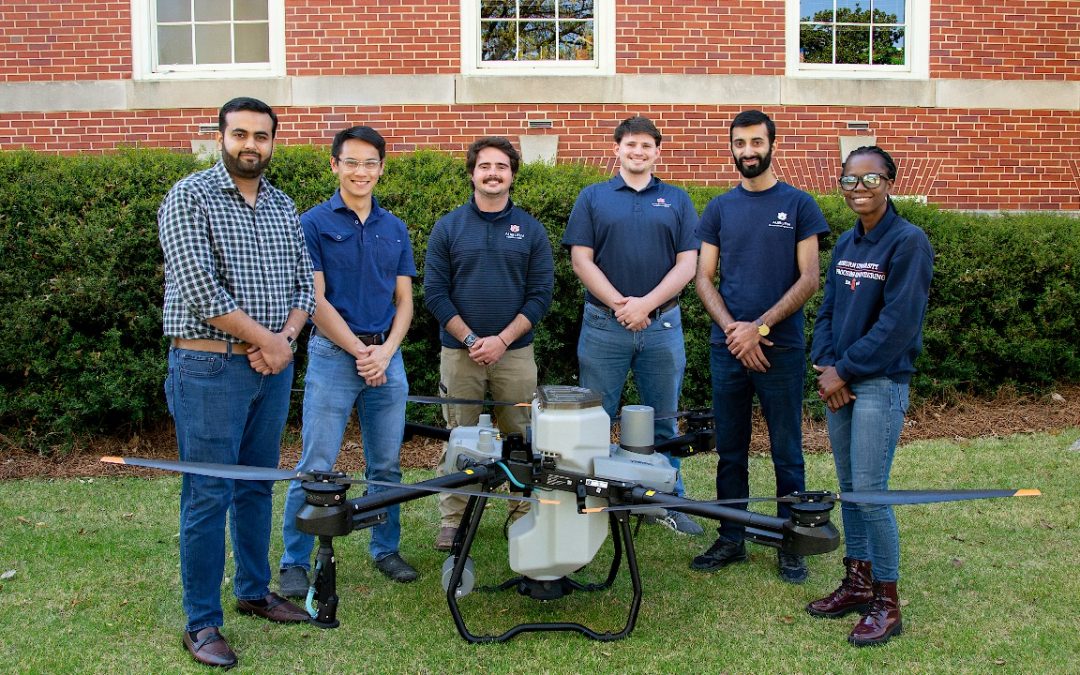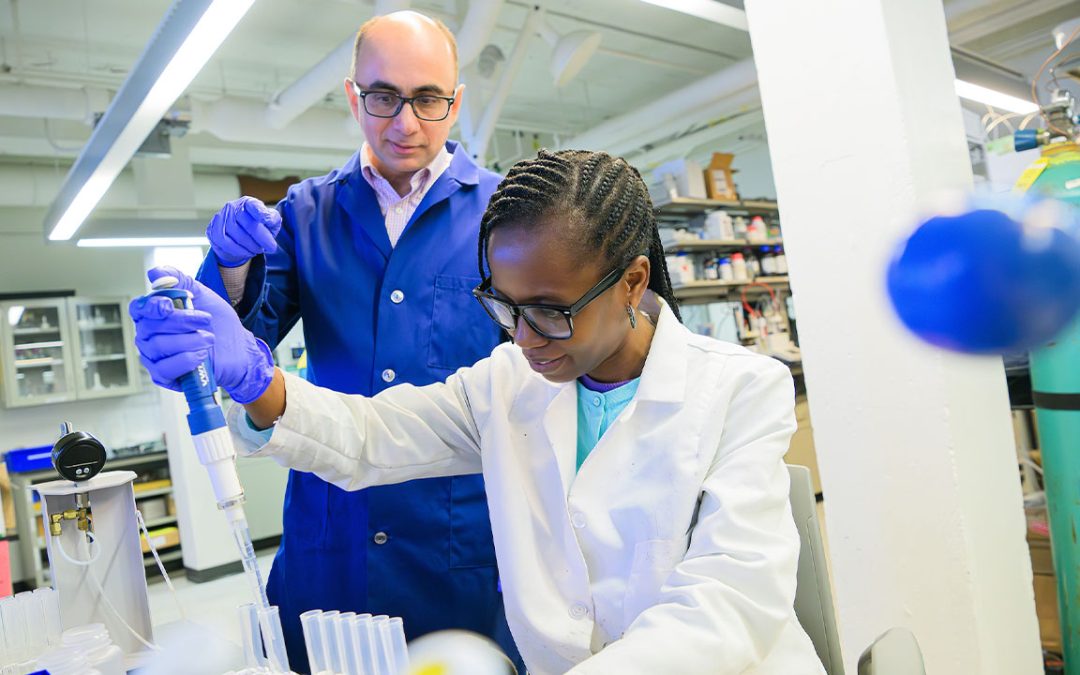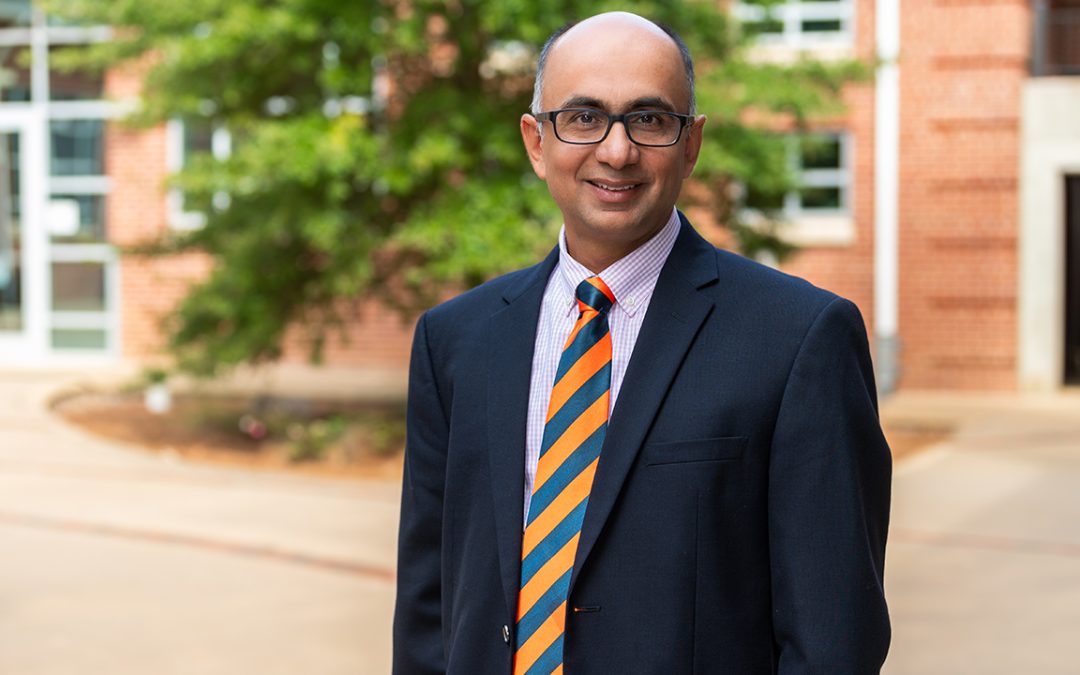AUBURN, Ala.—A two-week, tri-state road show highlighting the advances that a regional bioenergy research partnership in the Southeast has made in its first two years will wrap up Saturday, Oct. 12, in Auburn and will be set up at Ag Heritage Park from 9 a.m. to noon as part of this year’s Ag Roundup and Taste of Alabama Agriculture.
The mobile tour, sponsored by the Southeast Partnership for Integrated Biomass Supply Systems, or IBSS, features Auburn’s tractor-trailer-mounted mobile biomass gasifier converting wood chips and other plant-based materials into biofuels and energy. At Ag Roundup, the electricity generated from biomass will be used to power big-screen TVs.
The USDA-funded IBSS is a research partnership in which Auburn, the University of Tennessee, the University of Georgia, North Carolina State University and private industry are collaborating to develop economically and environmentally sustainable production and conversion of biomass to biofuel in the Southeast.
Steve Taylor, professor and head of the Department of Biosystems Engineering and director of the Center for Bioenergy and Bioproducts at Auburn, said Auburn’s primary role in the IBSS partnership is to develop safe, sustainable and efficient feedstock logistics systems and advance thermochemical conversion technologies to transform energy crops and other biomass into reliable, affordable fuels.
“In our research at Auburn, we have developed technological breakthroughs for harvesting, processing and transporting forest biomass to biorefineries with lower delivered costs and improved feedstock quality,” Taylor said. “Also, we have made significant advances in the conversion processes that allow us to make fuels like diesel and gasoline from woody biomass in more cost-effective ways.”
Taylor said the bioenergy research partnership’s goal is to develop renewable fuels that can be blended with petroleum products in in the existing infrastructure of pumps and pipelines.
A 2010 USDA report on biofuels strategic production forecast that the Southeast will be the leading region for biofuels production.in the U.S. because of its robust growing seasons and a climate favorable for the production of a variety of biomass feedstocks, including dedicated crops such as switchgrass and sorghum, along with dedicated woody crops and forest residues.
On its tour, the road show has made stops in Birmingham and Oak Ridge, Tenn. and at the University of Tennessee-Knoxville and the University of Georgia in Athens. The IBSS partnership’s mission for the road show was to make young people aware of the science involved in developing biofuels and the potential benefits of biofuels to society.




